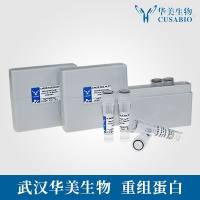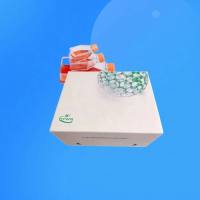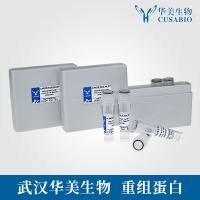Short-Term Culture of CD8 Cells and Intracellular Cytokine Staining
互联网
互联网
相关产品推荐

esxB/esxB蛋白Recombinant M_y_c_obacterium t_u_b_erculosis ESAT-6-like protein esxB (esxB)重组蛋白10KDA culture filtrate antigen CFP-10 Secreted antigenic protein MTSA-10蛋白
¥2616

CD8 alpha重组蛋白|Recombinant Human CD8A / MAL Protein (His Tag)
¥0

Crystal violet staining solution (0.5%)(S0287)-100ml/500ml
¥80

BEAS-2B人正常肺上皮细胞|BEAS-2B细胞系|Human Normal Lung Epithelial Cells
¥1500

CCL1/CCL1蛋白/C-C motif chemokine 1(Small-inducible cytokine A1)(T lymphocyte-secreted protein I-309)蛋白/Recombinant Human C-C motif chemokine 1 (CCL1)重组蛋白
¥69
相关问答

